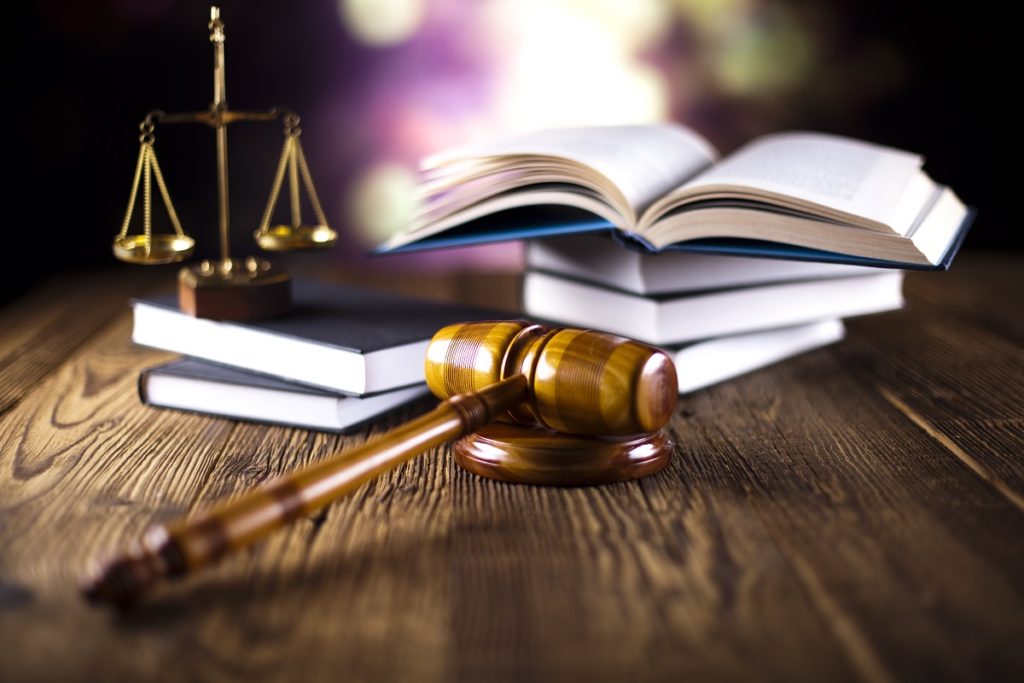Writing a will is something almost all people will go through in their lifetime. This can be easy with the assistance of an estate planning or asset protection attorney. However, there are some challenges that may arise when you’re creating your will. Here are some of them:
1. Not writing the will earlier
It is never too early to begin drafting your will, but it can be too late if you wait until you reach your 50s or 60s. While there’s no recommended age to start creating your will, most people should have a will when they get married and/or have children. A will can ensure that your children will be protected and your wishes will be honored if you pass on unexpectedly, among many other benefits.
2. Having multiple wills
Some people may have written more than one will during their lifetime, and this can cause confusion when they pass on. To avoid this problem, date all of your wills and make sure you include a clause that states the latest will should be the one honored. Otherwise, your family members may not know which copy of the will should go into effect.
3. Failure to indicate a guardian
One of the main benefits of writing a will is that you get to name a guardian for your minor children in case both you and your spouse pass away unexpectedly. If you’ve written your will before you had children, make sure you appoint a guardian when your first child is born. Without an appointed guardian, your family may experience legal or financial problems after you pass.
4. Not including certain assets
When creating your will, don’t forget to include certain assets that may cause disputes after you pass. Otherwise, the assets excluded from your will may be subject to your state’s local laws.
5. Not updating the will

No matter what age you are, don’t forget to update your will when your circumstances change. For example, if you get married, have a child, or buy a new house, you may want to review your current will and make changes as necessary. If you don’t update your will after your divorce and you die unexpectedly, your assets may go to your ex-wife rather than your children.
6. Naming the wrong executor
An executor is the one who will be responsible for handling your estate after you pass away. When selecting an executor, they should be a person you trust wholeheartedly, and they should be capable of handling such a task while grieving your passing.
If you name the wrong person as your executor, they may mishandle your assets or use them for their own gain. To avoid this, take time to choose the executor you want and select another one in case you have a falling out with the first person you choose.
Of course, the worst problem when it comes to estate planning is not creating your will at all. If you fail to do so before you die, the family you leave behind may face financial and legal problems while they’re grieving your loss. Start drafting your will as early as now and take note of these common mistakes that you should avoid.

